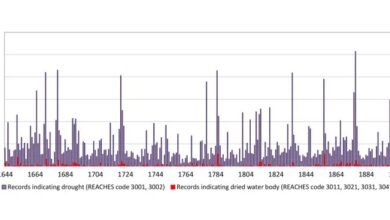The Impact Of Heat Pumps On Electricity Demand • Watts Up With That?

From NOT A LOT OF PEOPLE KNOW THAT
By Paul Homewood
Following on from the post about heat pumps, I thought I would have a look at their impact on electricity demand.
My analysis reckoned on a typical household consumption of 3857 KWh with a heat pump. If we assume that they will only be used for heating for six months every year, that equates to 643 KWh a month, or 21 KWh a day.
At the coldest times of year, that average will increase substantially, so we could well be looking at 30 KWh a day then, since the heat pump will have to work much harder.
Although heat pumps are designed to provide low level heat continuously, I suspect that many will turn them off at night because it is too warm to sleep. We usually have our bedroom windows open all winter at night!
If we assume then that the heat pumps are in use for 14 hours a day, that gives average hourly electricity demand of 2.1 KWh. This assumes that the heat pump runs at a constant power rating. In practice, the system would have to work harder in the early evening as temperatures drop.
There are about 24 million homes with gas and oil boilers, so a peak demand of 2.1 KW amounts to 50 GW for the country as a whole. To that we can add demand from offices, shops etc, which currently use gas and oil.
Along with demand from EVs, the UK would need well over 100 GW of capacity to meet peak demand.
This is all twenty years or more away. But if the government’s target of 600,000 heat pumps a year is met, even within the next ten years, we will be needing at least 13 GW of extra grid capacity, at a time when dispatchable power generation is being shut down.




